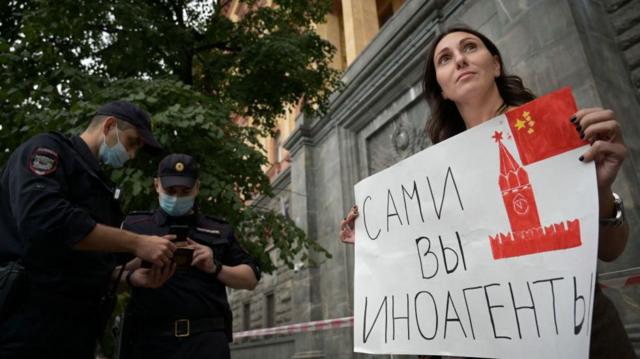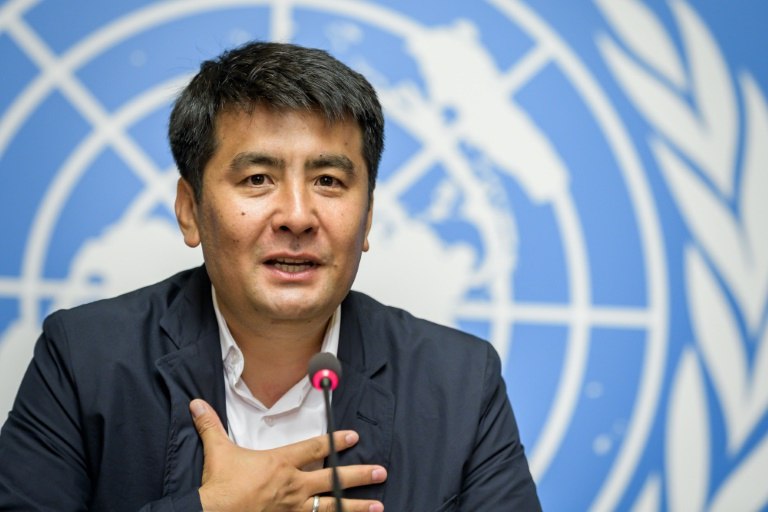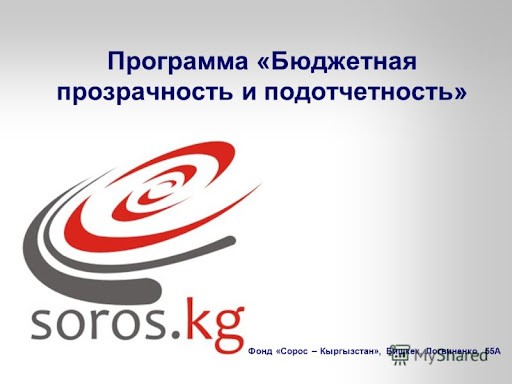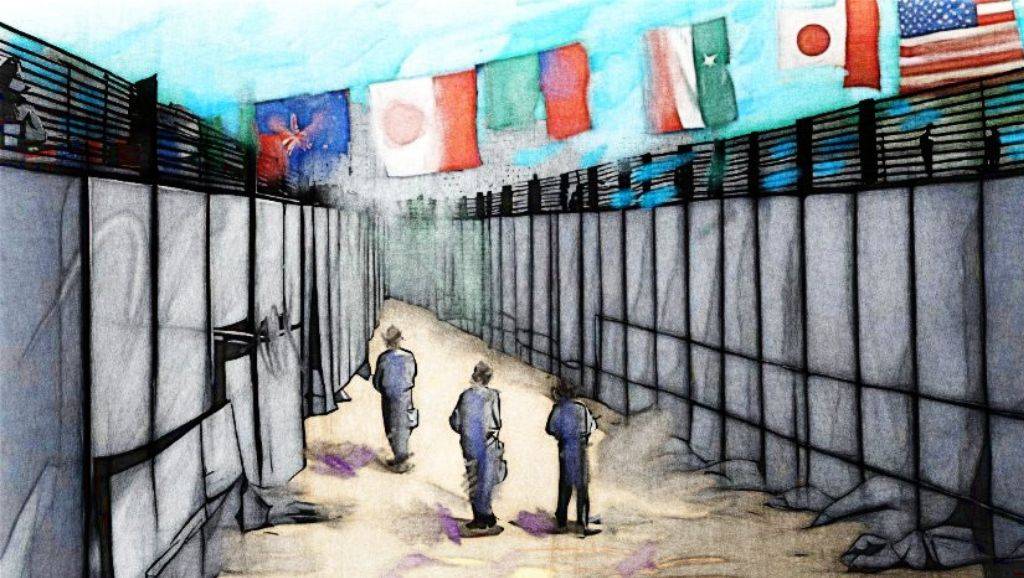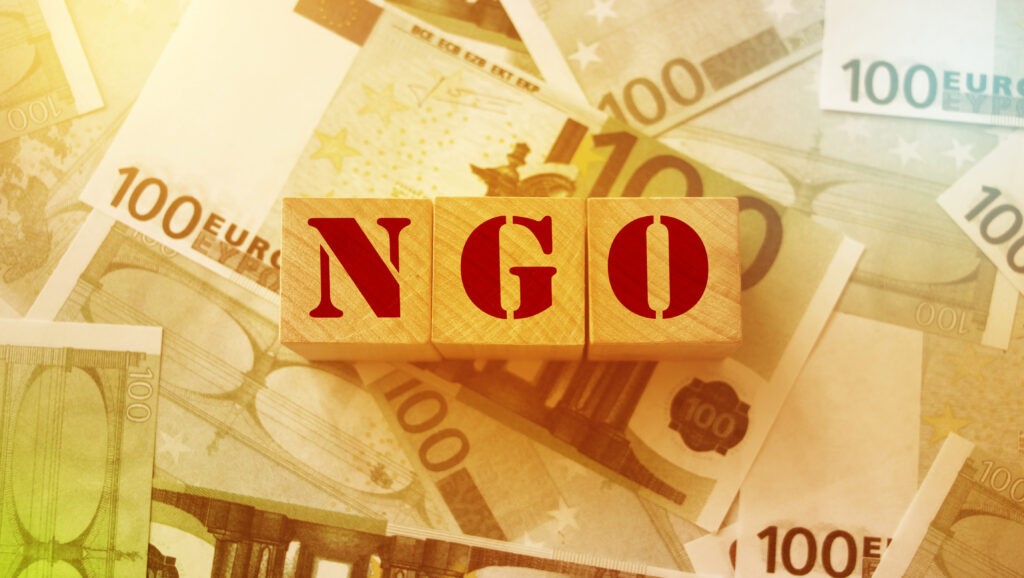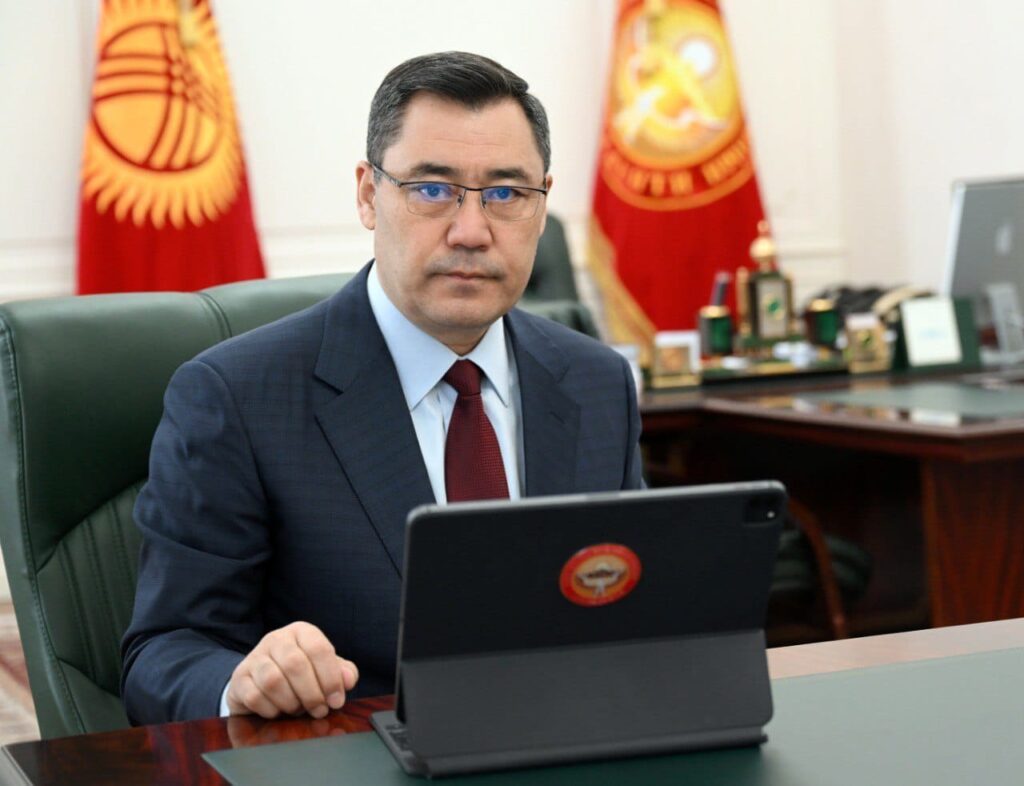The Kyrgyz presidential administration published a letter of response from Sadyr Japarov to U.S. Secretary of State, Antony Blinken. It follows a letter to the Kyrgyz leader in which the top U.S. diplomat expressed concern about the draft law titled "On Non-Profit organizations," which tightens control over their activities in Kyrgyzstan. In his response letter to Blinken, Japarov thanked the American official for his appreciation of the work of the 78th UN General Assembly last September, where the Kyrgyz President urged the international community to support Kyrgyzstan's environmental and green projects. But, he also noted with regret that U.S. authorities are interfering in Kyrgyzstan's internal affairs, emphasizing that the desire for justice and freedom is a distinctive feature of his home nation. "Regarding your concerns about the draft law on foreign agents... there are tens of thousands of non-governmental (NGOs)/non-profit organizations (NPOs) that are successfully working throughout Kyrgyzstan, addressing many problems on which the state previously had neither the will nor the desire to do something. At the same time, it should be recognized that some NGOs/[NPOs] receive funding from abroad, and not only from the U.S. and EU countries," the president wrote. According to Japarov, the Kyrgyz state, by legal definition, intends to control such organizations - namely, where their money comes from and for what purposes it is used. The president emphasized that the draft law - which MPs initiated and adopted in its first reading - is very similar to the Foreign Agents Registration Act (FARA) adopted in 1938 in the United States. According to the president, the analogous American law assigns the status of a foreign agent and controls not only the mass media but also any individuals and legal entities financed from abroad. At the same time, violations of this law or delays in registering an organization in the United States are fraught with not only administrative but also criminal penalties. "In this connection, the question cannot [help] but arise: why are you allowed and we are not allowed?" the Kyrgyz President asked rhetorically. In his letter, Japarov said that in accordance with the Constitution of Kyrgyzstan, human and civil rights and freedoms - including the right to freedom of speech and the right to association - may be restricted by law to protect national security, public order, health and public morals, as well as to protect the rights and freedoms of others. In this right, Kyrgyzstan is no different from other countries. Japarov noted that it seems to him that when Blinken addressed him, he relied on unreliable information from NGOs who had earlier criticized the draft law. Japarov said that this information didn't allow the U.S. foreign policy chief to draw an objective picture of the situation with human rights and freedoms in Kyrgyzstan. "Only a small number, but a [quite] vociferous group, of these structures financed by foreign states... is a source of inaccurate information for their grantors. In addition, these nongovernmental structures often spread false, inaccurate information among the people, which...
